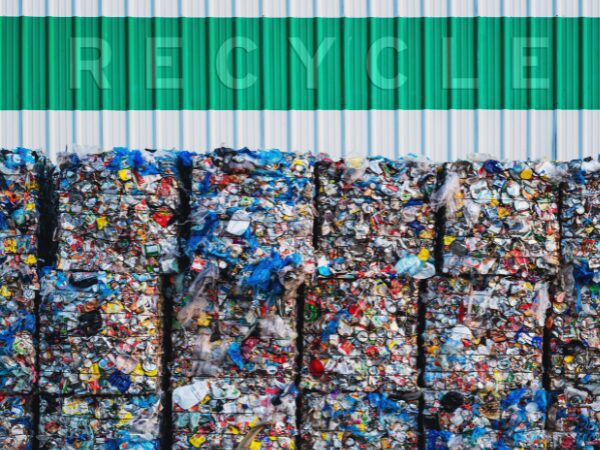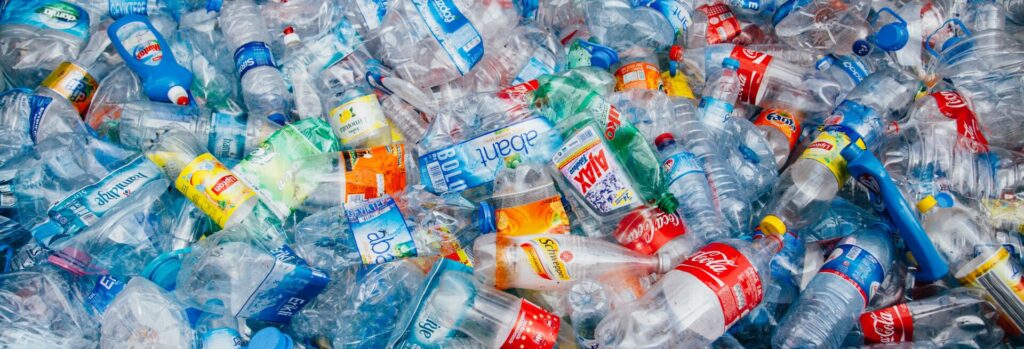Navigating Federal SR&ED and Innovation Incentives in 2026
With the start of 2026, the landscape for Canadian innovation funding has fundamentally shifted. ...

It is no secret that plastic recycling is one of the major challenges which needs to be addressed by society. Indeed, because of the impacts of plastic pollution on all types of ecosystems and the health risks associated with microplastics and other harmful compounds such as BPAs, society as a whole has a lot of ground to make up to develop sustainable ways of recycling plastic to ensure it doesn’t make its way into the environment.
However, we still face several significant challenges associated with this objective, and technological development in this field has not kept pace with society’s growing demand for plastic products, leading to a situation where a large majority of recycled plastic makes its way into landfills or is shipped to other countries and eventually ends up in the environment.
To date, the most significant challenge we face is associated with post-consumer plastics, in particular anything that has been in direct or indirect contact with food or any type of organic matter. Despite the fact that techniques have been developed which allow us to recycle almost every type of plastic and create resins with physical properties that approach or match those of virgin plastics, resins produced from post-consumer plastics have a major limitation which has nothing to do with their physical properties, and because of these plastics’ contact with organic matter, they end up having an unpleasant and even strong smell which can end up in any product made from this type of resin, creating strong resistance to using this type of resin for any consumer-facing application.
Fortunately, it is possible in theory to clean this type of plastic to remove any residual smell before processing into recycled resin, but technological development on this front has been thin on the ground in North America, and the lack of economic viability for post-consumer resins subjected to these cleaning processes has been a major roadblock for this. Thus, much more work is needed to improve this type of technology, to reduce the associated operating costs and create a true cyclical plastic economy.

As part of these efforts, so-called biodegradable plastics have also become a popular alternative to traditional plastics, but this supposed solution is also less than perfect, with popular bioplastics such as polylactic acid (PLA) requiring specific high-temperature conditions not found in nature to degrade properly, further contributing to the problem of plastic pollution. Here too, further technological development is required, and several promising avenues are being studied for this, mainly involving the development of enzymatic treatment methods to expedite degradation of this type of plastic, but also to develop ways to revalorize the material resulting from the degradation of PLA to transform it into textiles or compost for example.
This type of biological method also holds promise for the degradation of traditional plastics, with the identification of specific strains of bacteria or fungi which are able to naturally digest polymers. This can lead not only to the development of industrial biological processes for plastic recycling, but could also lead to the development of in-situ treatment methods to remediate contaminated environments.
As evidenced above, much work and funding is needed to enable the advancement of plastic recycling methods and improve sustainability.
Companies that are innovating in this sector are likely to be eligible for several funding programs including government grants, and SR&ED.
Want to learn about funding opportunities for your project? Schedule a free consultation with one of our experts today!
Explore our latest insights
More arrow_forward
With the start of 2026, the landscape for Canadian innovation funding has fundamentally shifted. ...

Smart contracts execute deterministic logic on blockchains, providing immutability, auditability ...

In today’s interconnected economy, the path to rapid growth lies beyond domestic borders. Interna...

While gauging the SR&ED eligibility of our clients’ projects, we often find that they are afr...